This post may contain affiliate links which means we may get a commission if you make a purchase at no additional cost to you. As an Amazon Associate we earn from qualifying purchases. Please read our disclosure for details.
"Each product we feature has been independently selected and reviewed by our editorial team. If you make a purchase using the links included, we may earn a commission."
Africa Easter holiday is less than a month away, and millions of Christians all over the world have been waiting to commemorate the sufferings, sacrifices, and resurrection of Jesus Christ.
With over 350 million Christians, African Easter Tradition in Africa is kept and celebrated in many countries in Western and Southern Africa.
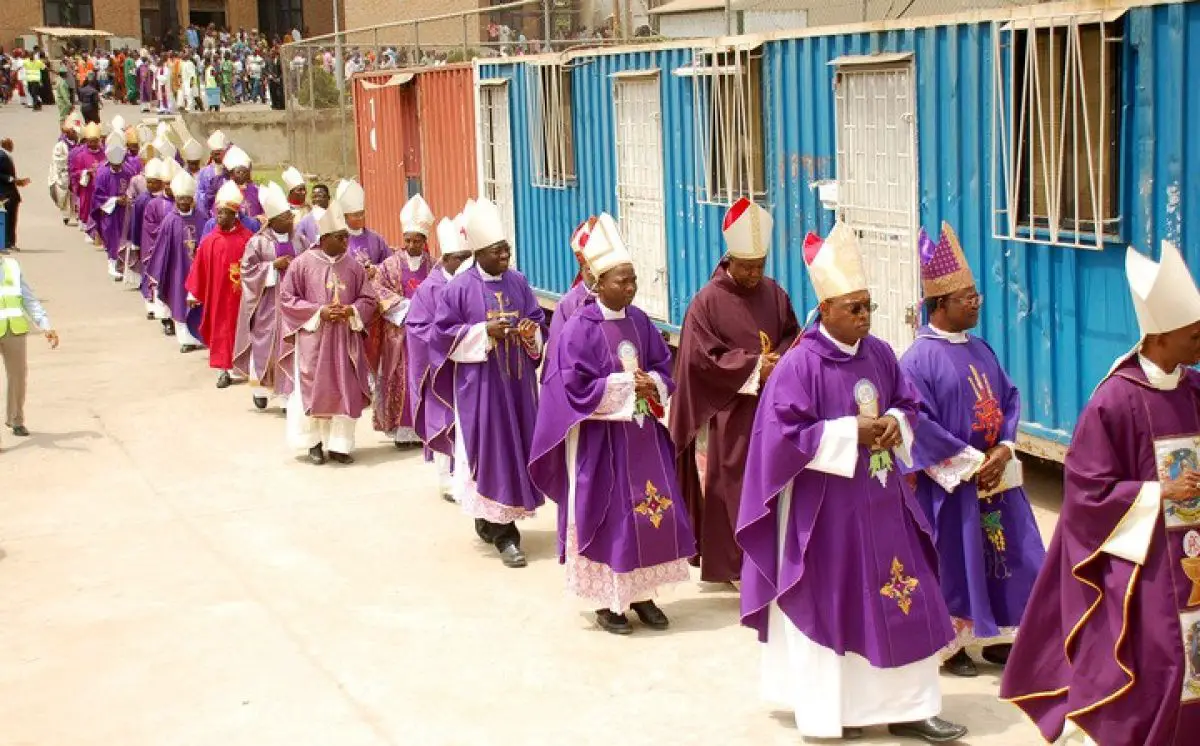
Contrary to the Western-style celebrations, Easter tradition in Africa involves a lot more communal activities, especially in rural areas where people live in clustered traditional houses. What’s also fascinating is the impact of African traditions on modern Easter. If you want to take a look at the Easter holidays from an African perspective, here is everything you need to know.
A Brief History of Easter Tradition in Africa
We don’t want to dive in too much detail, but we still believe there is a name worth mentioning when it comes to the foundations of Africa Easter.
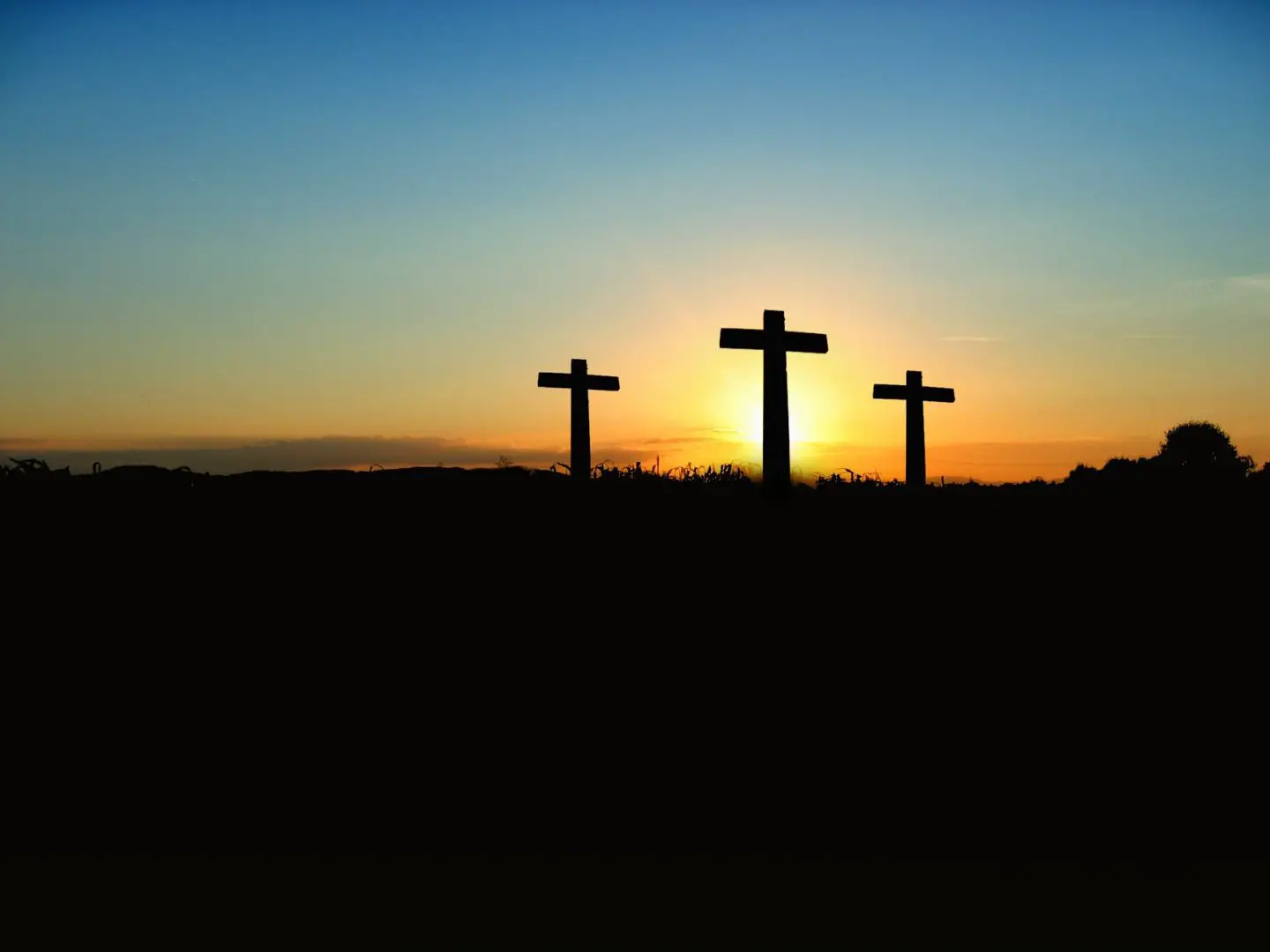
Victor the first, was one of the four black African popes in the history of the Catholic Church. His ascend into Papal Chair was in 189 AD, which saw a lot of disagreements about the way Easter was celebrated.
Simply put, only some of the Christians were practicing the fast of lent, while some of them focused more on the sacrifice of lambs and the feast afterward.
Then, Victor I, called a meeting of Bishops to convince some of them to follow the fasting tradition. During these meetings, Victor I also suggested that the Asiatic Christians should celebrate Easter on Sunday like the rest of the world.
Overall, he was one of the important figures who unified the Christian world about Easter customs.
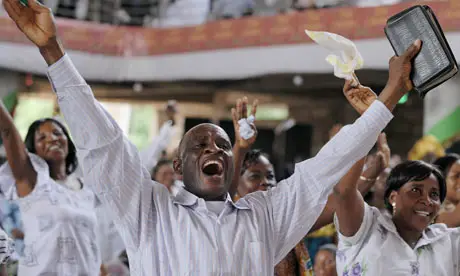
Common Africa Easter Traditions
African communities take pride in their Easter traditions and make huge efforts to keep them alive. Here are some traditions and rituals that are common to all the African countries celebrating Easter.
Family Meals

In Africa, Easter means a long weekend, which creates a perfect opportunity for a large family gathering. This special meal is something between lunch and dinner, taking place in the late afternoon. Although each African country implements its traditional cuisine, the common denominators of an Easter meal in Africa are rice, meat (lamb or chicken), and veggies.
Church Service
Church service is perhaps the most crucial part of Easter in Africa, and the most spiritual. African people always attend church services from the Thursday before Good Friday – which marks the death of Jesus – until the end of Easter Sunday – marking his resurrection.
People give particular attention to the way they dress. They mostly wear black during the Good Friday to mourn the suffering and the death of Jesus, while white is the preferred color for Easter Sunday. The church services consist of prayers, readings of Bible verses, and singing.
Prior to the vigils, the churches must be decorated with traditional clothes having patterns of butterflies and flowers. The church choir practices the hymns to sing one last time. The vigils usually take place between 3-6 PM. It is also possible to see traditional dancers outside churches, accompanied by drum beats.
After the ceremonies, many people rush home to start preparing the meals, while some people stay at the churches to prepare communal meals that everyone – regardless of religion and background- are welcome to join.
Gifts
Helping people in need is a huge part of the Easter tradition in Africa. When we talk about gifting during Easter in Africa, we are not only referring to the exchange of gifts amongst family members. An even more important way of gifting is donating to disadvantaged women and children.
From widows to single mothers, from school children to the ones suffering from illnesses, many underprivileged people receive gifts from those who are in better conditions. These gifts range from books and clothes to boxes of easter eggs.
Going to the Beach
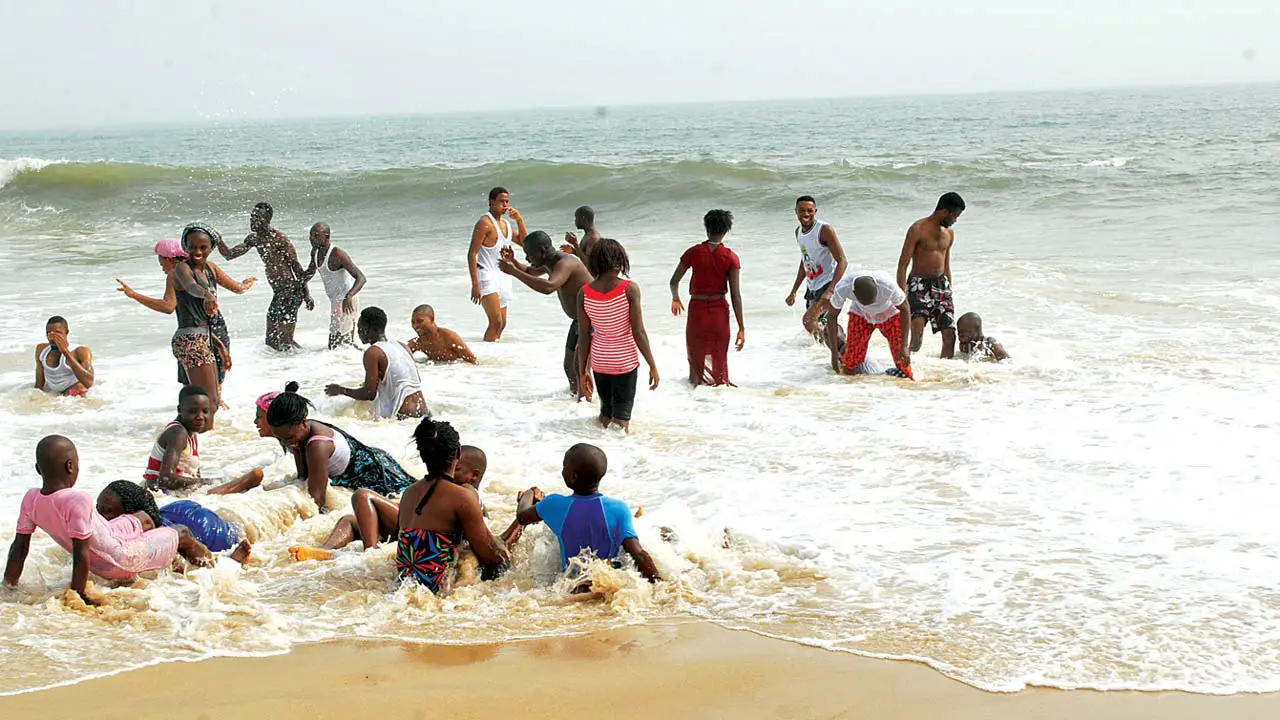
March and April are reasonably warm months in the majority of African countries celebrating Easter. So, it should not surprise you to see the beaches packed with families and friends carrying African Easter baskets. The coastal towns and cities fill up with festivities, from street artists to competitions, from water sports to concerts.
Baptism
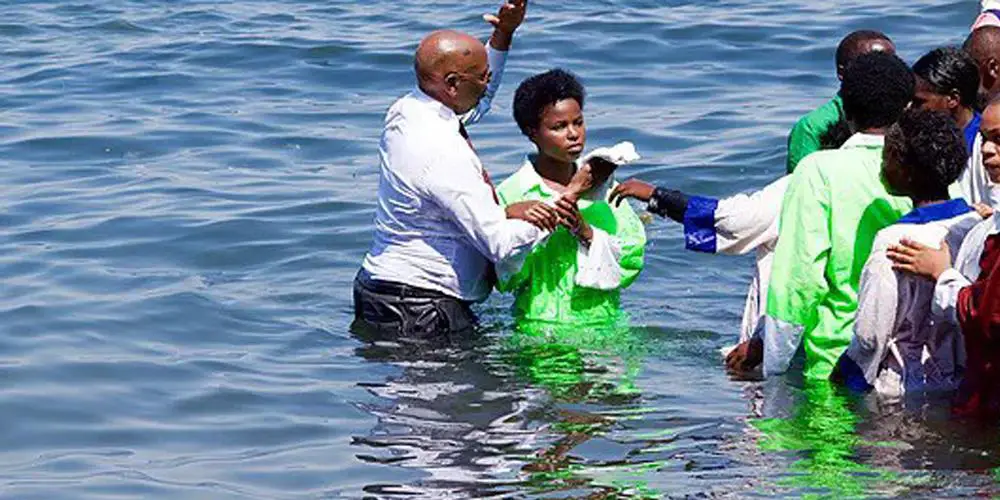
Baptism is another important part of the Easter tradition in Africa. Because people consider Easter as the time of rebirth, baptism can be associated as the act of washing away one’s sins to create a new being. That’s why baptism is a common practice in African countries during Easter.
African Easter Celebrations by Country
Now that we have covered the common practices during the Africa Easter, it is now time to get more details from specific traditions of some African countries.
Ethiopia

Fasting is crucial in many African countries, but Ethiopia takes the lead. It all starts with 56 days of fasting, during which no meat or dairy products are consumed (Source). On Sunday, people dress in white and join a massive feast for a traditional meal called Doro wot, which consists of spicy chicken stew, Injera bread, and honey wine. Also, the Ethiopian Orthodox Church celebrates it roughly two weeks later than the West because of this fasting period.
South Africa
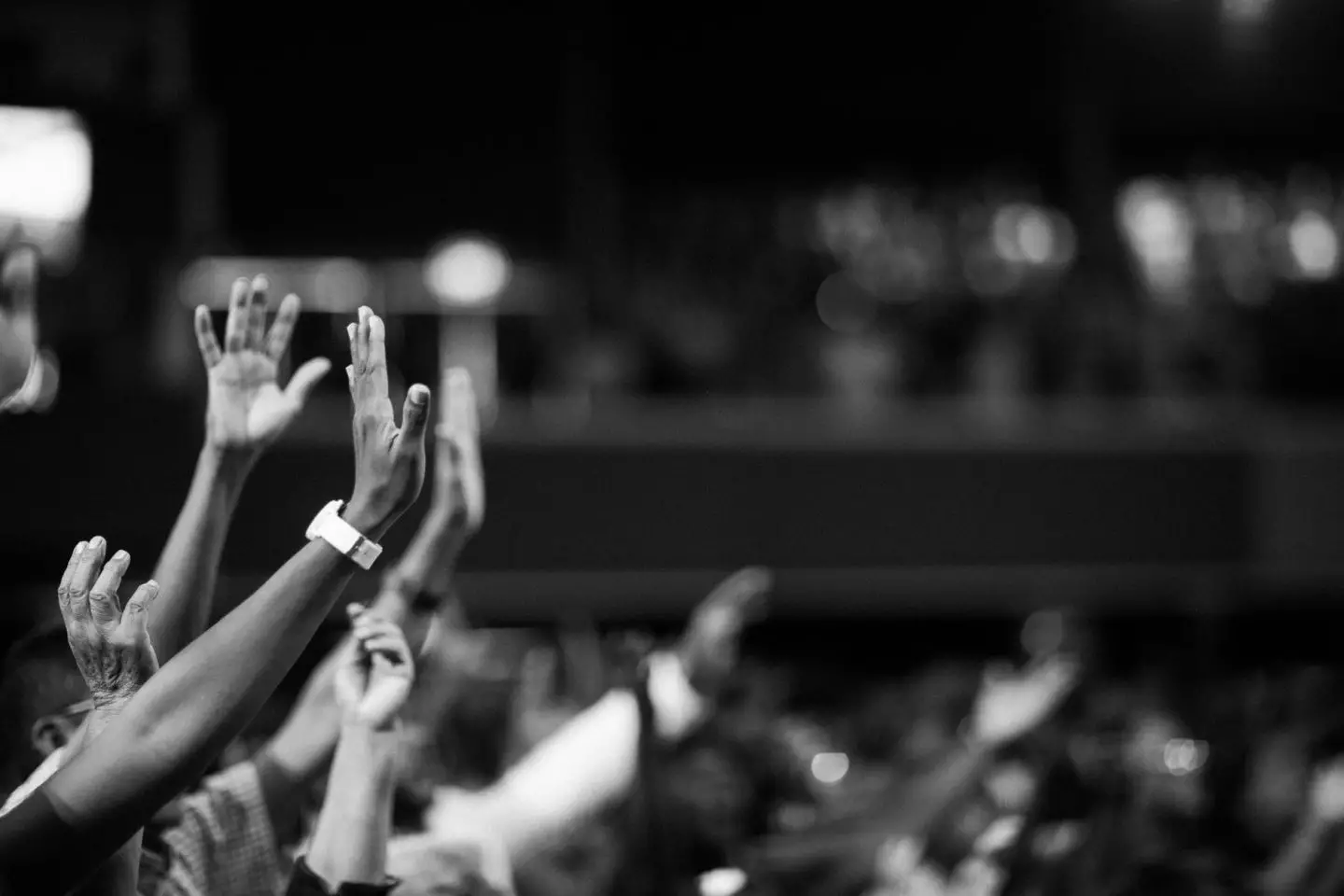
Although there are many churches in South Africa who follow Western traditions, there are also ones that have retained the African traditions, such as African Zionist churches. During their church services, members of the Zion Christian churches perform a traditional dance called Mkhukhu, which involves a lot of stamping on the foot.
Such practices are especially common in churches of Limpopo and KwaZulu-Natal. Some authorities find the rituals overly Africanized and not fitting in the spirit of Easter, while others argue that it is only natural because these traditions have existed long before Christianity came to Africa.
Nigeria
Nigeria is one of the African countries that brings festival vibes to Easter. Not only the churches but also streets and parks are packed with people.
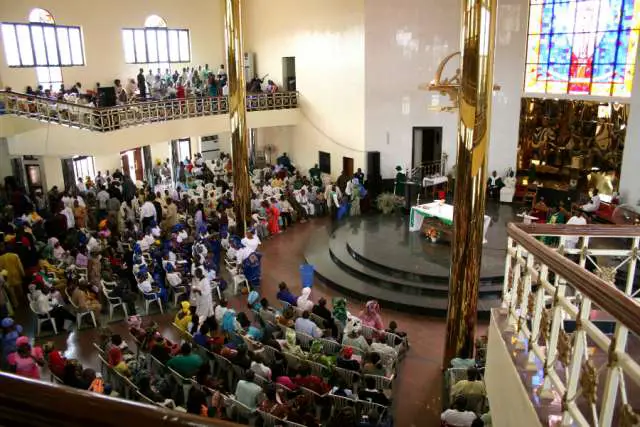
Igbo people living in Southern Nigeria have a distinct masquerade dance called Mmo, where young men dance in colorful costumes and masks to commemorate their ancestral spirits. In addition, many churches and houses get decorated with palm branches. It refers to Palm Sunday, which is when Jesus entered Jerusalem to bring peace.
Kenya

Kenya is another country that brings in different forms of feast and entertainment. Kenyan cuisine stands out with the spicy grilled meat called Nyama Choma, and Ugali, which is a maize flour porridge specific to Kenya.
In Nairobi, you can see a lot of families hiking at Karura Forest and having a picnic. In the meantime, Mombasa experiences one of its peak times with many families staying at the resorts. Mombasa’s massive street markets sell crafts and food-related to Easter tradition in Africa.
Related Content
African Christmas: Do People Celebrate Christmas in Africa?
15 Best Countries to Visit in Africa for Vacation [+ Images]
What are the Main Tourist Attraction in Africa?
The 15 Safest Places to Visit in Africa
Ultimate Travel Destinations in Africa
Rwanda
Unlike many other African countries celebrating Easter, Rwanda’s version of Easter is reminiscent of a tragedy in the past. April 7, 1994, marks the beginning of a civil war, where over a million Tutsi people were massacred during the RPA/F rebellions.
The church services put a strong emphasis on commemorating them through prayers and songs. Because the preparations for the genocide’s memorial clash with the Easter holidays, the celebrations are kept at a minimum level.
Ghana
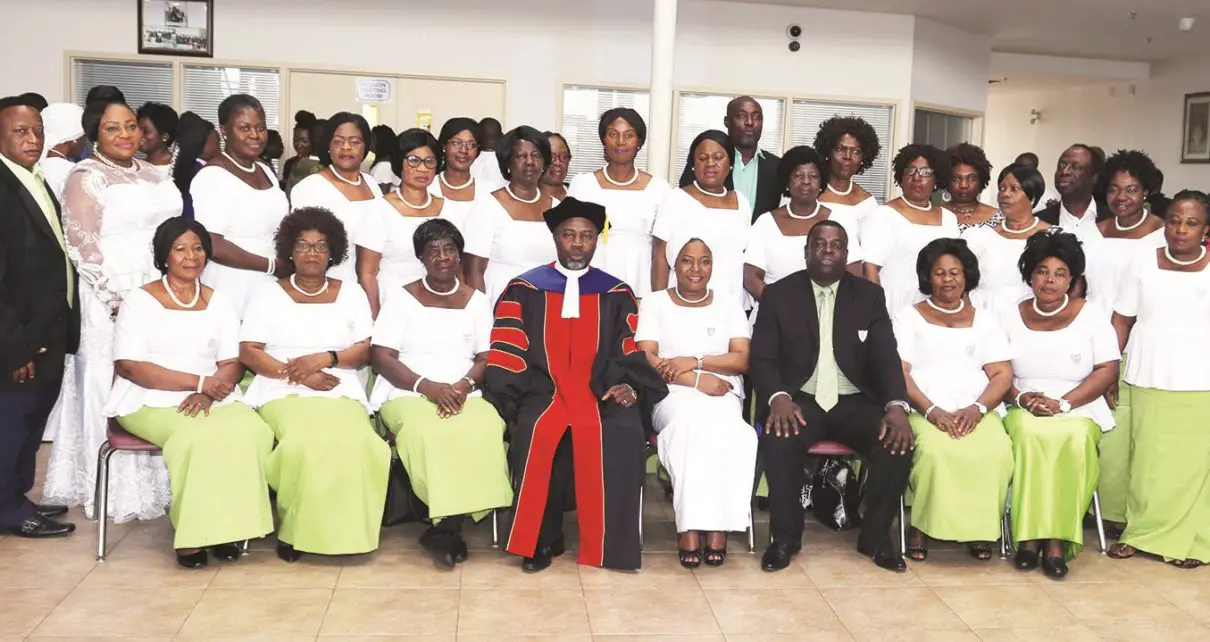
For many Ghanaians, Easter is the time that the country becomes Africa’s hub of art and sports. The capital city Accra takes the lead in celebrations as the host of the annual Easter Comedy, which brings in famous stand-up comedians from all over Africa. The coastal city of Kwahu hosts the annual Paragliding Festival that employs paraglider pilots from all around the world. If you want to visit Ghana, remember Easter would be a great opportunity to conquer your fear of heights and falling.
Easter in Ghana is also the time many people migrate to Kumasi and Lake Bosomtwe in search of tranquility, while people from ethnic groups like Kwehu visit their elderly family members to pay respect.
FAQ for Africa Easter Traditions
In Africa, the most common practice during Easter celebrations is the church service held between 3 and 6 pm. Churches are decorated with traditional clothes called Vitenge and Kanga that have patterns of flowers and butterflies. The main service consists of reading Bible verses, singing hymns, and traditional dance performances.
Easter traditions in South Africa are no different than those in the rest of the continent. There are small differences, though. For instance, Easter Sunday has been renamed Family Day by the government so that churches of all denominations would be willing to join. Also, South African Easter meals, especially the ones in Cape Town, have distinct tastes, such as hot cross buns and pickled fish – which was initially a Cape Malay meal. Last but not least, South African Easter Eggs are quite popular, and people use it as a way of engaging people in celebrations by organizing egg hunts at homes and offices.
No, it is not. The businesses follow their regular opening hours for Sunday.
Easter is Pasaka in Swahili, iPasika in Xhosa, i-Easter in Zulu, and Paseka in Sesotho.
Africa Easter Traditions: Conclusion
Just like the rest of the world, the Easter period carries sentimental value for African nations. Not only that, but it takes on a new meaning with the blend of African traditions. If you want to observe and compare the extraordinary ways of Easter celebrations, Africa should be on your list.


Easter is strictly borne out of the crucifixion and resurrection of Jesus Christ. Any deviation from this in Africa is a deliberate attempt to profile Africans as atheists, atheists and faithless people that have not experienced the presence of Christ Jesus and the Holy Spirit here on earth.
Thank you so much for the information! I’m a student researching Easter- its true meaning and how countries celebrate it- and this is a wonderful source! So cool to hear about the similarities and differences of Easter celebrations.